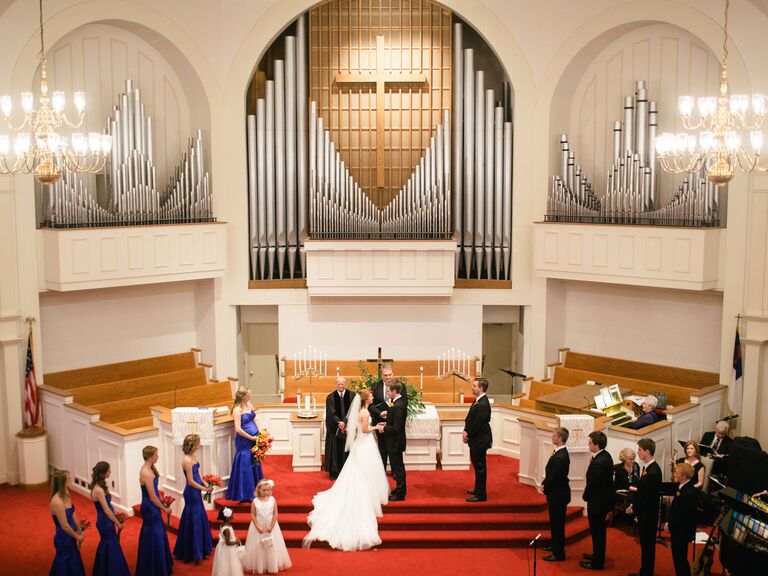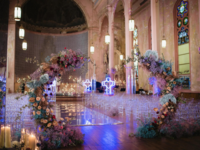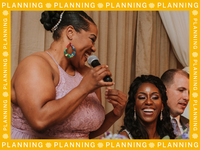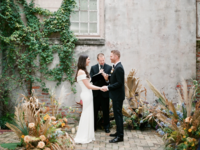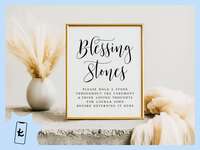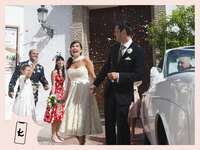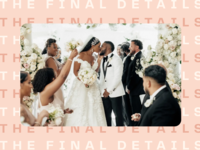A Comprehensive Guide to Methodist Wedding Vows
In Methodism, a subset of Protestant Christianity, the United Methodist Church is the largest denomination. Accordingly, if you're planning to have a Methodist wedding, you will likely be hosting a Christian wedding in the style of the United Methodists. Notably, Christian marriage is not a sacrament in the United Methodist Church, it is "a sacred covenant reflecting the Baptismal Covenant." By getting married, you are reaffirming God's ordinance and covenant through Christ, which you entered into at baptism.
A service of Christian marriage follows the model of a traditional worship service led by a pastor in the presence of God. However, one aspect that may be unique for Methodist wedding guests is their inclusion and participation in the wedding ceremony. According to the United Methodist Church, guests not only participate in the more expected aspects of matrimony—prayers, singing and worship—but also bless and offer support to the marrying couple.
While wedding planning, you and your spouse-to-be will work with the pastor who will serve as the officiant of your ceremony. This work includes premarital counseling and planning your service. You will also consult with an organist regarding your music selection. On your wedding day, your ceremony structure will follow this (or a similar) format: gathering, the processional of the wedding party, greeting by the pastor, declaration of intention by the couple, the response of the families and the people, prayer, proclamation and response, sermon, intercessory prayer, exchange of vows, blessing and exchange of wedding rings, lighting of the unity candle, declaration of marriage, blessing of the marriage, Holy Communion, the Lord's Prayer, and dismissal with blessing.
Now that you understand the basic structure for a Methodist wedding you may be wondering, what do Methodist wedding vows look like? Is there the opportunity to personalize this meaningful aspect of your big day? Learn more below.
What to Include in Your Methodist Wedding Vows
According to the United Methodist Church, your marriage vows should specify how you and your partner "will live as disciples of Jesus Christ" in your relationship. Your exchange of vows will include the joining of hands as you and your partner face each other. You may be guided by your pastor line by line.
Your Methodist wedding vows are solemn vows, which are absolute and irrevocable public vows recognized by the church. After your vows, your pastor may take your rings and bless them, signifying "the union between Jesus Christ and his Church" and your union in marriage. If you are using a unity candle, the center candle representing your marriage will be lit at this time.
Traditional Methodist Wedding Vows Template
The United Methodist Church recommends the following vows. These traditional vows may be familiar to you because the wording is similar to other popular Christian wedding vows.
Partner 1 to Partner 2:
In the name of God,
I, Name, take you, Name, to be my wife,
to have and to hold
from this day forward,
for better, for worse,
for richer, for poorer,
in sickness and in health,
to love and to cherish,
until we are parted by death.
This is my solemn vow.


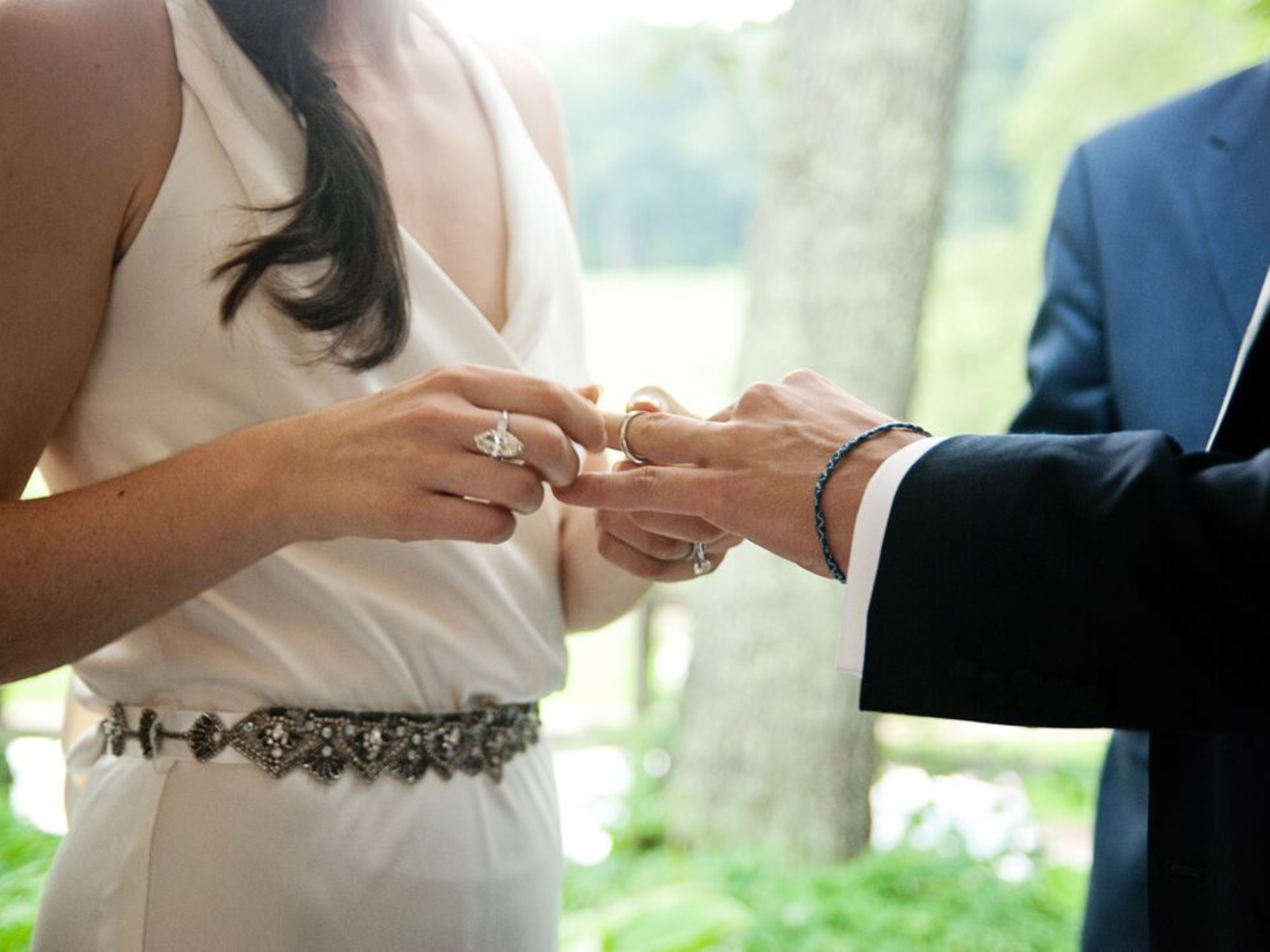
Partner 2 to Partner 1:
In the name of God,
I, Name, take you, Name, to be my husband,
to have and to hold
for better, for worse,
for richer, for poorer,
in sickness and in health,
to love and to cherish,
until we are parted by death.
This is my solemn vow.
Your vows will be followed by the exchange of rings, during which you will take turns repeating the following from your pastor:
Name, I give you this ring
as a sign of my vow,
and with all that I am,
and all that I have,
I honor you;
in the name of the Father,
and of the Son,
and of the Holy Spirit.
Personalizing Methodist Wedding Vows
Can you customize Methodist vows? This is a conversation to have with your pastor. One United Methodist Church minister recommends not personalizing them based on advice he was given by his pastor prior to his own wedding: "How can you say it any better than the way it is already written?" He writes that traditional vows are pledges of faith and that Methodist ceremonies are not just about the marrying couple but also God and his blessing.
If you are looking for vows that are a bit different than the option mentioned above, the United Methodist Church also lists these alternatives to their traditional wedding vows:
Option 1
I take you, Name, to be my wife (husband),
and I promise before God and all who are present here
to be your loving and faithful husband/wife
as long as we both shall live.
I will serve you with tenderness and respect,
and encourage you to develop God's gifts in you.
Option 2
Name, in the name of God,
I take you to be my husband/wife from this time onward,
to join with you and to share all that is to come,
to give and to receive,
to speak and to listen,
to inspire and to respond,
and in all our life together
to be loyal to you with my whole being,
as long as we both shall live.
Interfaith Weddings
If you are planning an interfaith wedding, a United Methodist pastor may participate in unison with faith leaders of the other tradition. These leaders should work together to ensure your wedding ceremony represents traditions from both sides.
How does this affect your vows? As explained by Discipleship Ministries, "if one member of the couple is a baptized Christian, it would be appropriate for that person to profess all of the language in our ritual, including vows in the name of the Father, Son, and Holy Spirit." If you or your partner is not a Christian, it shouldn't be expected that you or they make vows "in the name of a God to whom the person neither has nor seeks an eternal bond." In other words, your differing religions should not prohibit you from making vows that represent your faith.
There is also room for the incorporation of ethnic and cultural traditions in marriage services of the United Methodist Church. Such modifications are encouraged and are ultimately up to the discretion of your pastor.
